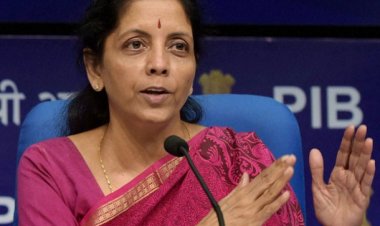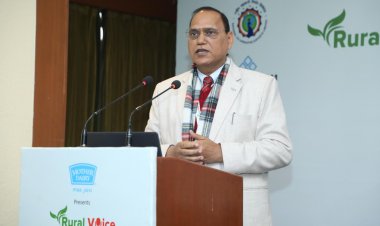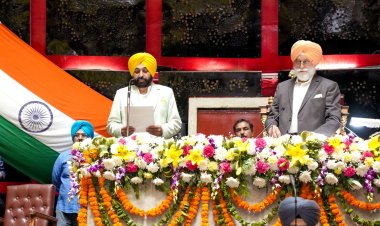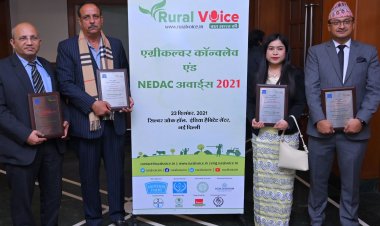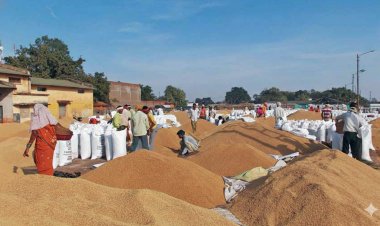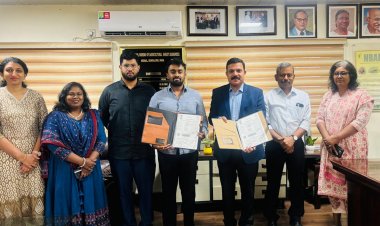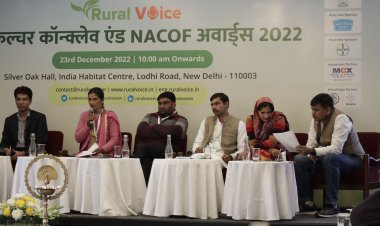India Develops World's First Genome-Edited Rice Varieties
India has become the first country in the world to develop genome edited rice varieties. Union Agriculture Minister Shivraj Singh Chauhan launched two varieties of genome edited rice developed by ICAR institutions
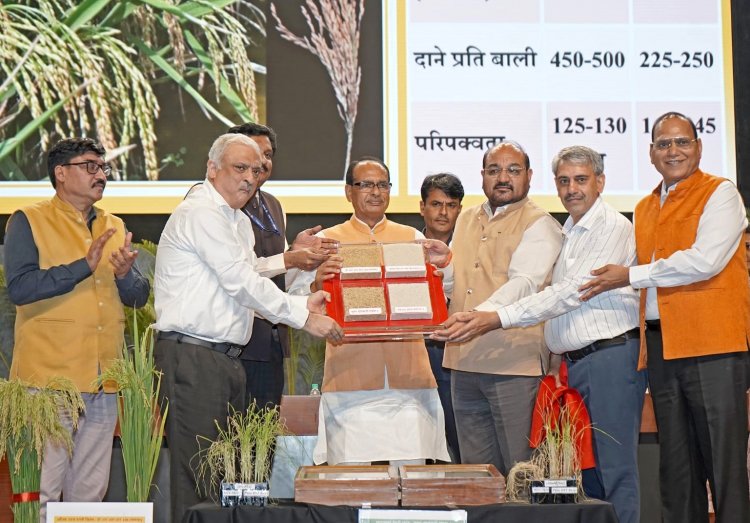
In a major breakthrough in agricultural research, the Indian Council of Agricultural Research (ICAR) has developed the world’s first genome-edited rice varieties. Two new rice varieties - ‘DRR Dhan 100 (Kamala)’ and ‘Pusa DST Rice 1’ - have been developed by ICAR institutions. One of the genome-edited rice varieties (kamla) is early-maturing and high-yielding, while the other one (Pusa DST Rice1) is salinity, alkalinity and drought tolerant.
Union Minister of Agriculture and Farmers' Welfare, Shivraj Singh Chouhan, launched both varieties on Sunday at the ICAR’s NASC Complex in New Delhi. He said this day would be recorded in golden letters in the history of India’s agricultural progress. These genome-edited varieties will help farmers by increasing income, reducing costs, conserving water and lowering greenhouse gas emissions. Congratulating the scientists, he said these developments pave the way for a second Green Revolution in India.
Chouhan emphasized the need to ensure food security and enhance nutritious production with a vision to make India the global food basket. The Minister also urged the need to take further steps to increase production of soybean, arhar, tur, lentils, urad, oilseeds, and pulses. He stated, "We are proud that our efforts have led to the export of 48,000 crore worth of Basmati rice annually."
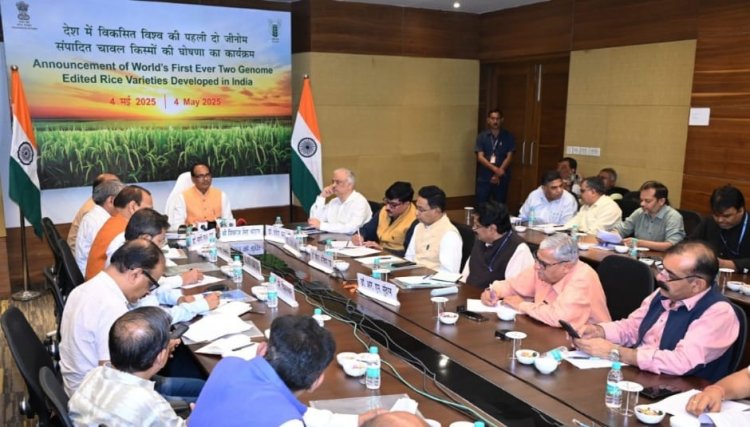
Dr. M.L. Jat, Director General of ICAR and Secretary of the Department of Agricultural Research and Education, stated that both genome-edited varieties have completed All-India Coordinated Trials. The process of breeder seed, foundation seed, and certified seed production will be completed to make these varieties available to farmers. He noted that India has taken a significant step forward in genome-edited crop development.
Dr. A.K. Singh, senior agricultural scientist and former Director of IARI, explained that these new varieties were developed using CRISPR-Cas genome editing technology, which makes precise changes in the plant's native genes without introducing any foreign DNA. The varieties, developed using SDN1 and SDN2 genome editing methods, are exempt from biosafety regulations.
Indian Institute of Rice Research (IIRR), Hyderabad, developed ‘DRR Dhan 100 (Kamala)’ by editing the genome of the popular ‘Samba Mahsuri’ variety using SDN1 technology. This led to an increase in the number of grains per panicle and improved yield by about 19%. It also matures nearly 20 days earlier, saving water and reducing cultivation costs while retaining the grain quality of the original Samba Mahsuri.
Indian Agricultural Research Institute (IARI) in New Delhi developed ‘Pusa DST Rice 1’ by editing the genome of the ‘MTU1010’ variety. This variety is drought and salinity-tolerant. It is expected to increase yields by 20-30% and is ideal for drought-prone and saline soil regions.
Cultivating these new rice varieties is estimated to result in an additional 4.5 million tonnes of rice production over 500,000 hectares, a 20% reduction in greenhouse gas emissions, and a saving of 7.5 billion cubic meters of irrigation water, thanks to their earlier maturity by about 20 days.
After extensive debate over genome-edited crops, the Government of India has deemed genome-edited plants developed using SDN1 and SDN2 techniques to be safe and exempted them from biosafety regulations. A notification to this effect was issued by the Ministry of Environment and Forests on March 30, 2022.
This exemption has enabled the development of new plant varieties. Genome editing holds immense potential for enhancing food and nutritional security. ICAR has already begun genome editing research on several crops, including foodgrains, oilseeds, pulses and horticulture.
Minister of State for Agriculture and Farmers’ Welfare Bhagirath Chaudhary joined the event virtually and congratulated the scientists. The event was also addressed by Secretary, department of Agriculture and Farmers’ Welfare Dr. Devesh Chaturvedi, Deputy Director General (Crop Science) Dr. Devendra Kumar Yadav, Deputy Director General (Extension) Dr. Rajbir Singh, IIRR Hyderabad Director Dr. R.M. Sundaram and IARI Director Dr. Ch. Srinivasa Rao, who provided insights into genome editing technology and ICAR’s role in agricultural research and technology transfer to farmers.



 Join the RuralVoice whatsapp group
Join the RuralVoice whatsapp group


















